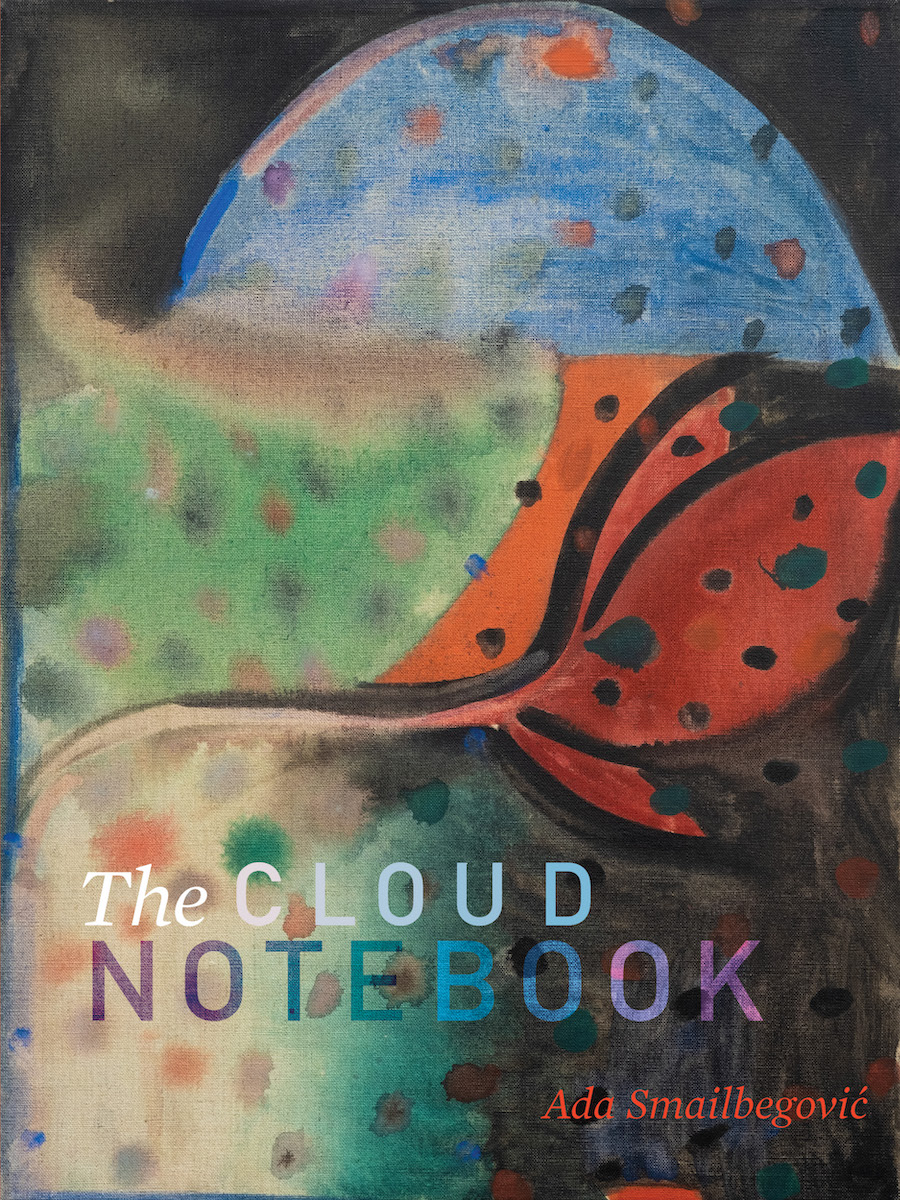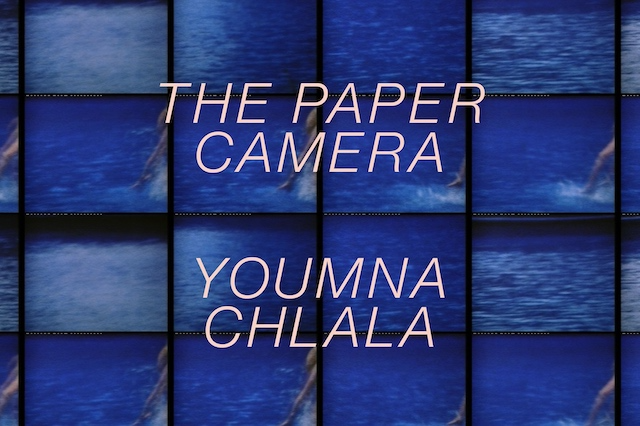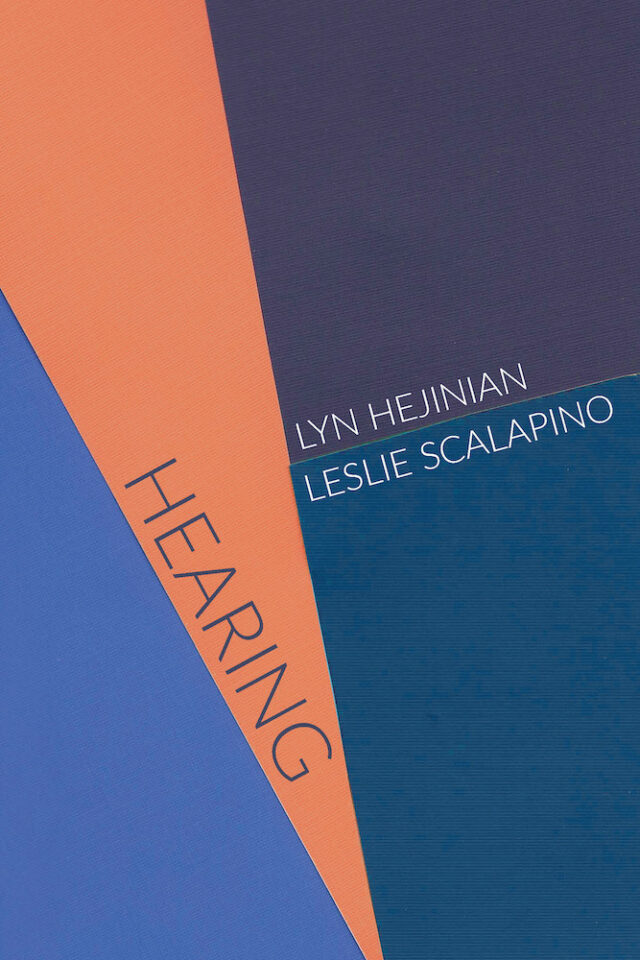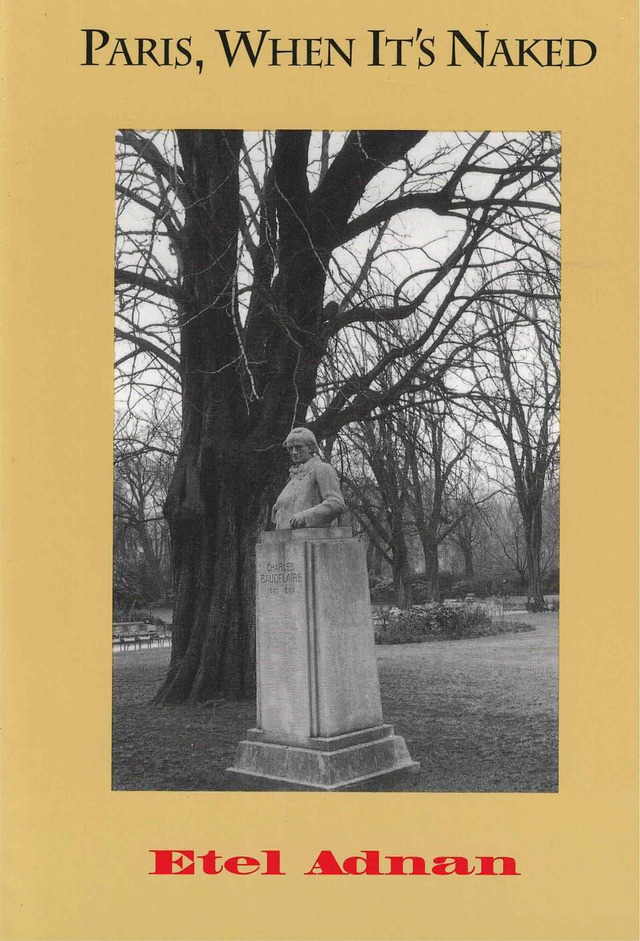Ada Smailbegović’s debut collection, The Cloud Notebook, is long poem that unfolds from the narrative instability and fracturing that occurs from experiences of forced displacement and war, gender and power. Rendering spaces of waiting, suspension, and a kind of fractal recurrence in which the fragment is held, revisited, and re-performed in memory, Smailbegović explores how languages and objects come to compose worlds, as well as to carry traces of dislocated and disappearing worlds. The poem assumes what Sara Ahmed refers to as a “migrant orientation” as a continuous problematic of narration or representation. Deftly dissolving the seam between language and sensation, material and thought, The Cloud Notebook is at once playful, probing, elegiac, humorous, and ceaselessly, spellbindingly metamorphic.
Ada Smailbegović
Praise for The Cloud Notebook
The Cloud Notebook is like an impressionist painting, like the punctum detail of a collage. It’s a smart, soulful, traumatized and elegant collection.
— Tracie Morris
I did not want this book to end. Like a great work of science fiction, The Cloud Notebook asks us to reimagine perception, using the study of matter as an antidote to contemporary ideology. Smailbegović takes influence from memories of childhood, spiritual practice, conceptualism, botany, alchemy, and house parties—yielding a series of accessible philosophies of rescue, dreaming, guessing, worship, description, hosting, mending. An intensely trained and liberatory vision is here, alive with us today, reminding one of Julia Kristeva’s call for a “signifying space,” a corporeal thinking in love with its own desire.
— Lucy Ives
A duck is kidnapped from a park and placed on a sofa only to show up on the sofa next door. A speaker wonders in wartime whether to feed the zoo lions or let them free. Someone points out that you can hear the sound of the ocean, but not of individual waves. Ada Smailbegović’s work of deep relational concern allows me to dwell in “joining occasions,” unfolding them with such delicacy that I can relinquish knowing if I am in the world or in a drawing of a world, in a dream or in a life, a war or a sentence where words regarding war touch. If reality occurs in a notebook of passing clouds, we see the traces smudge between the pages — till the pluralizing realities bleed and mark us at all the edges.
— Eleni Sikelianos





The Cloud Notebook is a triumph of participatory reading. It creates a whole world and theorizes its creation at once through the reader’s encounter with the world/text.
—Tristan Beiter, Chicago Review
As she reckons with the intricacies of the surrounding world, she deconstructs sensation: “while a wave cannot be cut into a thousand tiny/ waves, the sound of a wave is a summation of the sounds made/ by a thousand waves.” With electric momentum and piercing imagery, Smailbegović’s writing is a lush vessel for literary analysis for those with the stamina.
—Publishers Weekly